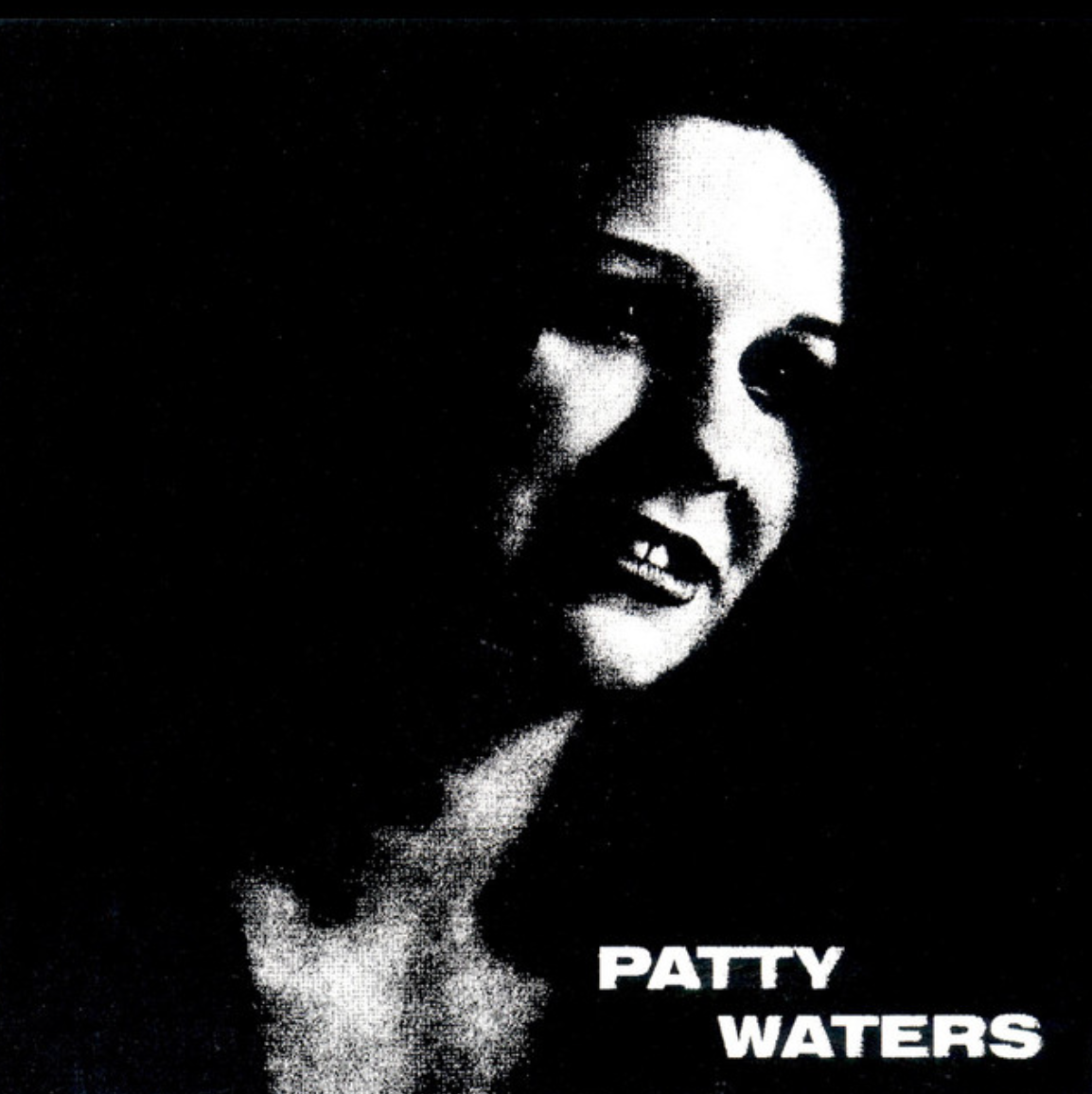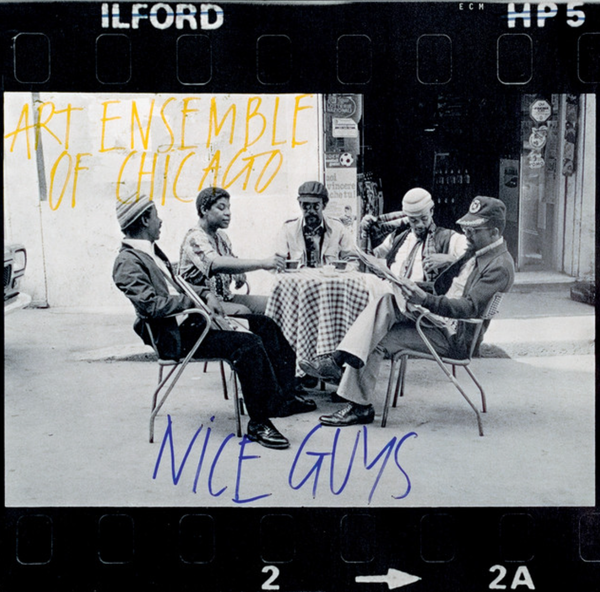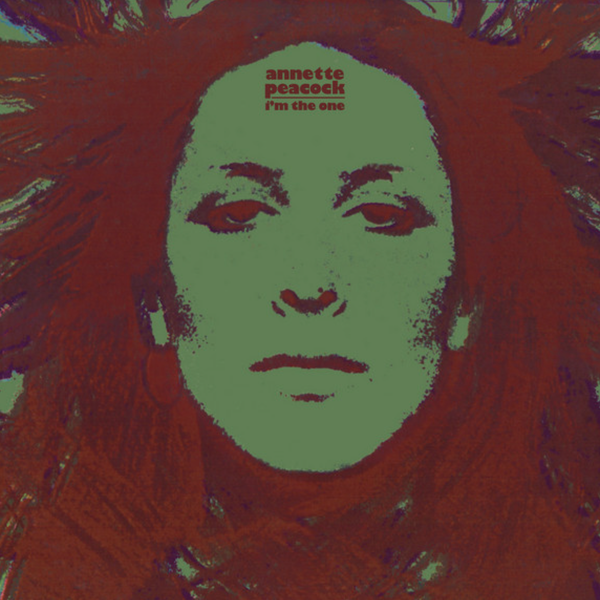May 31, 2025 2 minutes read
Sings
Patty Waters’ 1966 debut lures you in with fragile jazz ballads - then tears the room apart with a single, harrowing scream-piece. A cult classic in two acts.

This post is for subscribers only
Sign up now to read the post and get access to the full library of posts for subscribers only.
Sign up now Already have an account? Sign in

